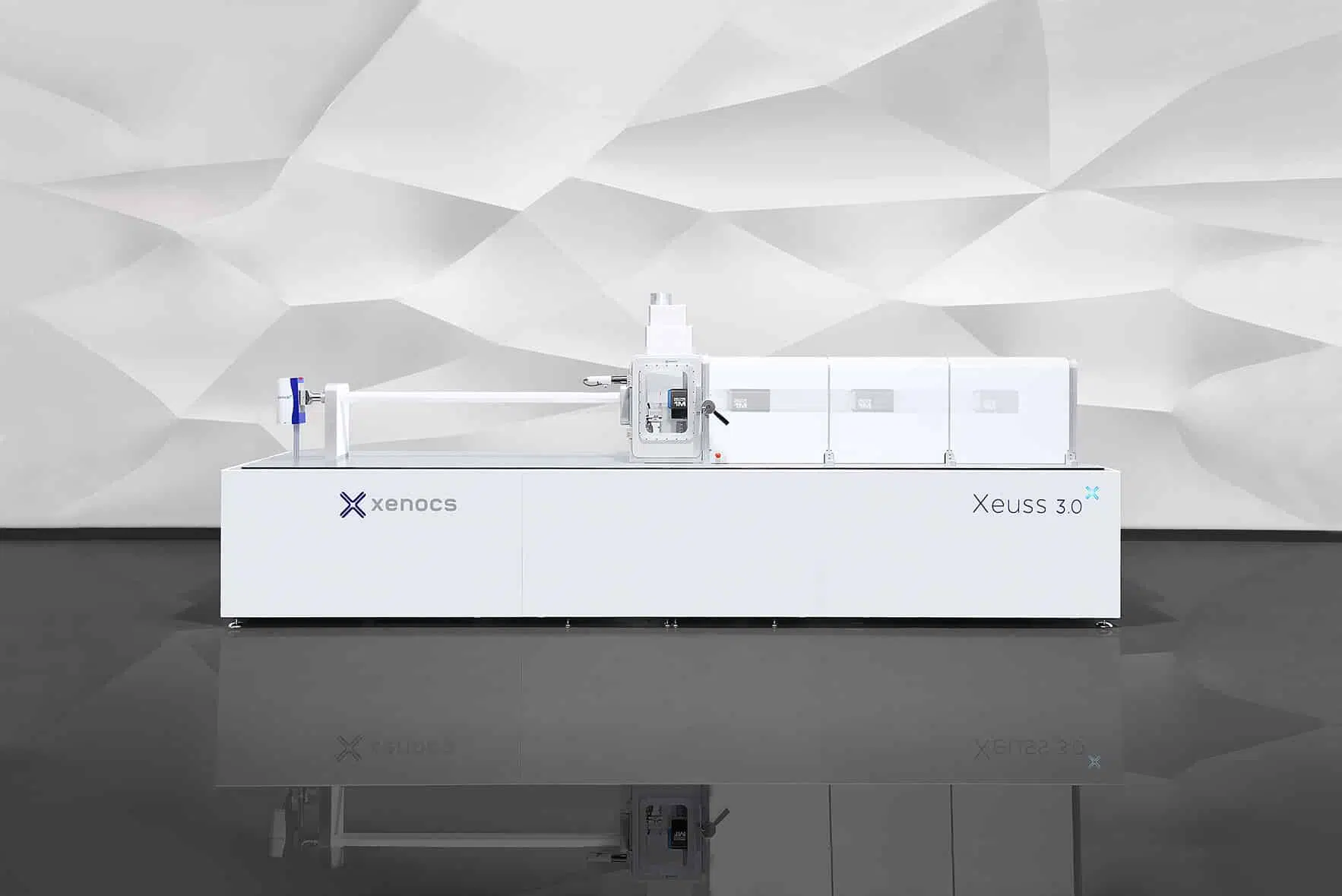European Polymer Journal, 2019, vol 118pp. 474-480
DOI:10.1016/j.eurpolymj.2019.06.021
Abstract
Incorporating reversible dynamic linkages into the polymer networks endows traditional thermosets with recyclability and reprocessability. However, the facile preparation of recyclable polymer networks with suitable stability and acceptable cost is still a challenge. Among various dynamic linkages, ionic bonds promise a rational dynamic linkage in virtue of suitable stability and facile chemical synthesis. In this study, dynamic ionic bonds were incorporated into the waterborne polyacrylate to form adaptable polymer networks. The carboxyl groups of waterborne polyacrylate provide hydrophilicity and crosslinking sites. Metal salts were added into polyacrylate emulsion to obtain crosslinked polyacrylate via solution casting process. This crosslinking strategy has improved the solvent resistance, creep resistance and tensile strength of linear polyacrylates. The effect of metal cation crosslinking on the water resistance depends on the carboxyl content of linear polyacrylate. Subsequently the mechanical property of pristine and recycled crosslinked polyacrylate was evaluated. Polyacrylate networks crosslinked by divalent metal zinc cation show superior tensile strength and recyclability. Anions of zinc salts have an obvious influence on the enhancement and recyclability of obtained polyacrylate networks. Polyacrylate crosslinked by zinc acetate shows optimal comprehensive performance and application prospect. In addition, the shape memory effect of polyacrylate crosslinked by metal salt zinc acetate was investigated. The shape fixity ratio and shape recovery ratio were 99.8% and 84.9%, respectively. This strategy promises great prospect in designing and preparing customizable high performance recyclable smart thermosets.


































